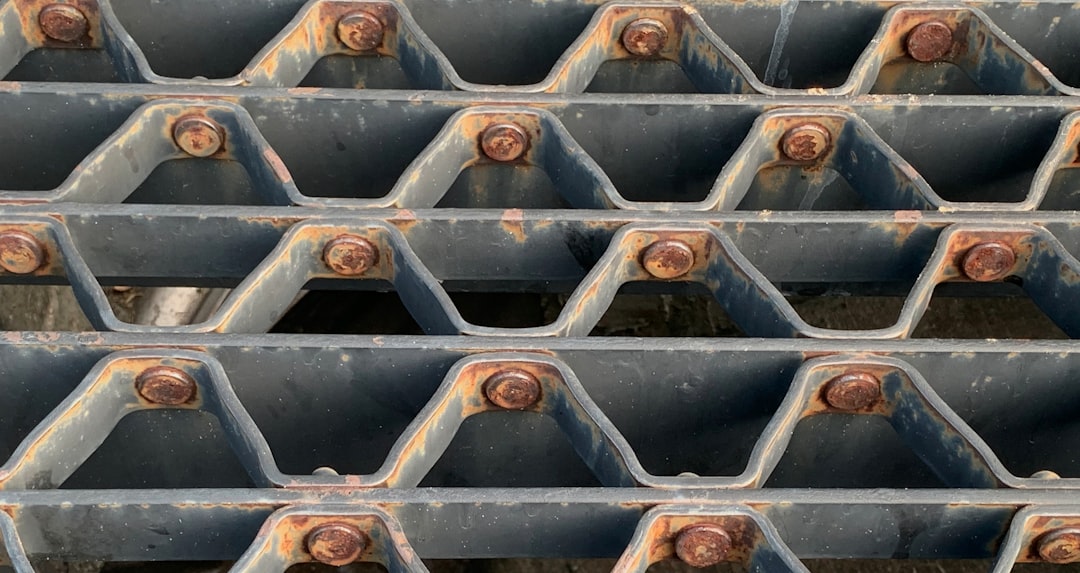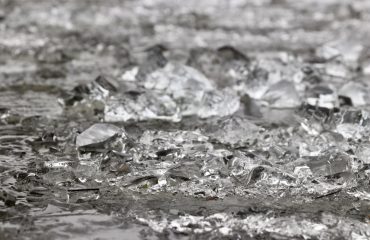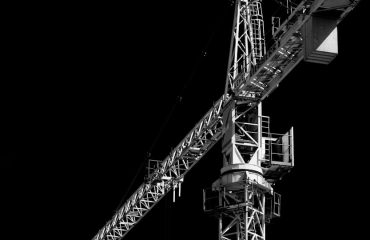The world of industrial piping is constantly evolving, driven by the need for stronger, lighter, and more durable materials. Carbon fiber-coated steel pipes represent a significant advancement in this field, offering a compelling combination of the inherent strength of steel with the exceptional properties of carbon fiber. This innovative technology is transforming various industries, promising enhanced performance and longevity in demanding applications.
Understanding the Synergy: Steel and Carbon Fiber
The strength of carbon fiber-coated steel pipes lies in the synergistic relationship between its two core components. Steel provides the foundational strength and structural integrity, while the carbon fiber coating acts as a protective shield and a significant strength enhancer. Steel, known for its high tensile strength and compressive strength, forms the base pipe. The carbon fiber layer, applied using advanced techniques like filament winding or prepreg wrapping, significantly enhances the pipe’s overall performance. Carbon fiber boasts an incredibly high tensile strength-to-weight ratio, meaning it’s exceptionally strong for its weight. This combination results in a pipe that is both robust and lightweight, making it ideal for a variety of applications.
Enhanced Durability and Corrosion Resistance: A Key Advantage
One of the most significant advantages of carbon fiber-coated steel pipes is their exceptional resistance to corrosion. Steel pipes, while strong, are susceptible to rust and degradation, especially in harsh environments. The carbon fiber coating acts as a barrier, protecting the underlying steel from exposure to moisture, chemicals, and other corrosive agents. This dramatically extends the lifespan of the pipe, reducing the need for frequent replacements and minimizing maintenance costs. Furthermore, the carbon fiber layer enhances the pipe’s resistance to abrasion and impact damage, making it suitable for applications where it might be subjected to significant wear and tear.
Manufacturing Process: Precision and Innovation
The manufacturing process for carbon fiber-coated steel pipes requires precision and advanced technology. The process typically begins with the fabrication of the steel pipe to the desired specifications. Then, the carbon fiber layer is applied. Several methods exist, including filament winding, where continuous carbon fiber strands are wound onto the steel pipe under tension, and prepreg wrapping, where pre-impregnated carbon fiber sheets are wrapped around the pipe and cured in an autoclave. The curing process involves applying heat and pressure to bond the carbon fiber to the steel and to fully cure the resin matrix. Quality control measures throughout the process are crucial to ensure the integrity and performance of the final product. The precise application technique and the quality of the carbon fiber and resin significantly impact the overall performance and durability of the finished pipe.
Applications Across Industries: Where Innovation Meets Need
The versatility of carbon fiber-coated steel pipes makes them suitable for a wide range of applications across diverse industries. In the oil and gas industry, these pipes are used for transporting high-pressure fluids and gases, where their strength and corrosion resistance are critical. They find applications in the chemical processing industry, handling corrosive chemicals without degradation. The construction and infrastructure sectors benefit from their lightweight yet robust nature, making them ideal for use in bridges, pipelines, and other large-scale projects. Furthermore, they are increasingly used in the automotive and aerospace industries where weight reduction and high strength are paramount.
Cost-Effectiveness: A Long-Term Investment
While the initial cost of carbon fiber-coated steel pipes might be higher than that of traditional steel pipes, the long-term cost-effectiveness is undeniable. Their enhanced durability and corrosion resistance significantly reduce the need for frequent replacements and maintenance, leading to substantial savings over the pipe’s lifespan. Reduced downtime due to fewer repairs and replacements also contributes to overall cost savings. The increased lifespan and reduced maintenance costs often outweigh the higher initial investment, making them a financially sound choice, especially in demanding applications where failure is not an option.
In conclusion, carbon fiber-coated steel pipes represent a significant advancement in piping technology, offering a compelling combination of strength, durability, and corrosion resistance. Their versatility and long-term cost-effectiveness make them a valuable asset across various industries, paving the way for more efficient, reliable, and sustainable infrastructure and industrial processes.




